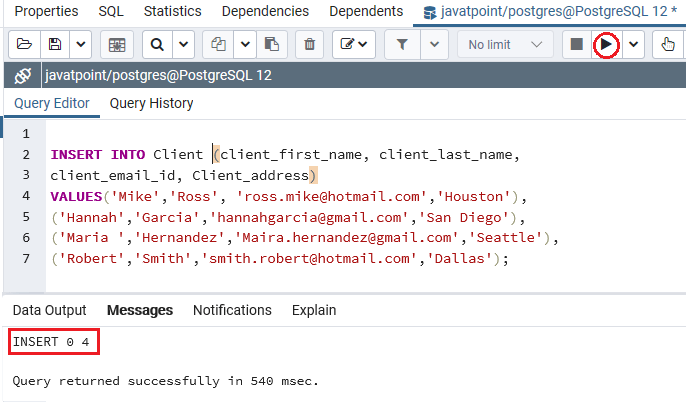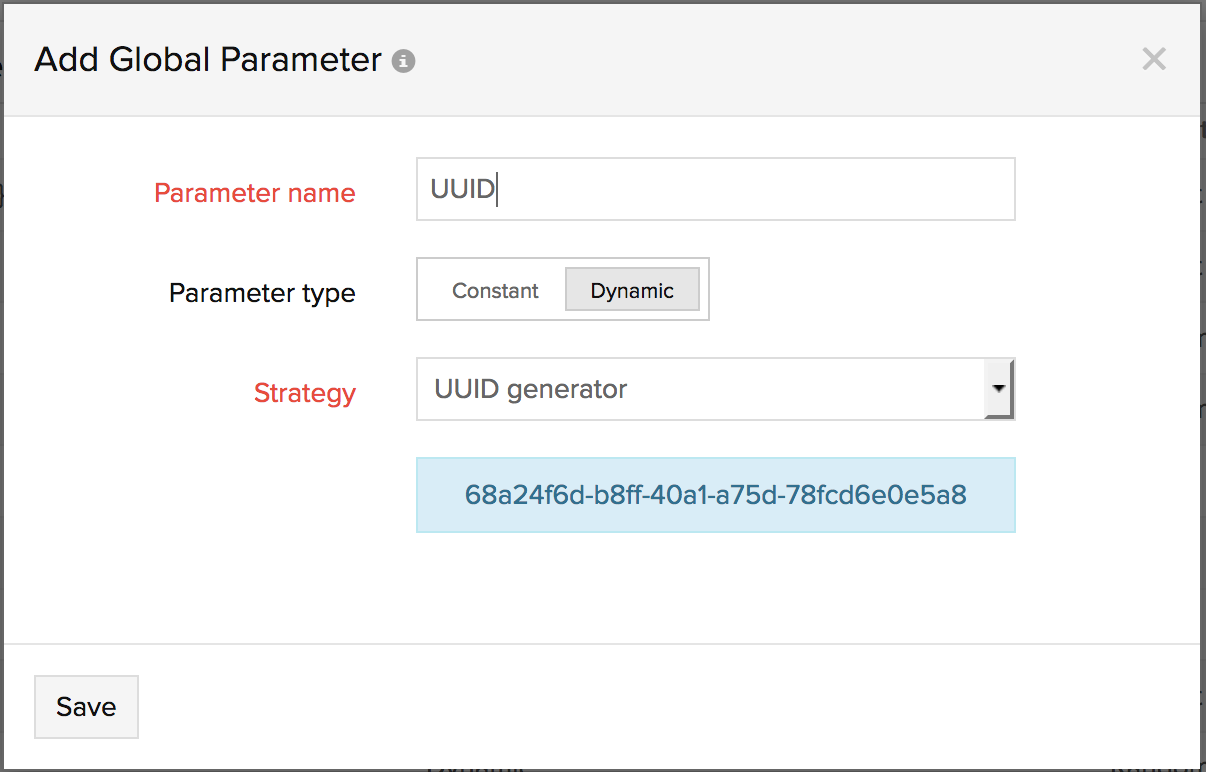

Instead, it relies on the third-party modules that provide specific algorithms to generate UUIDs. We can generate a UUID number by using this function in PostgreSQL.

In this tutorial, we will dive deep into UUIDs with all their cons and pros. Rails 6 release fresh out of beta introduces a new feature in ActiveRecord that makes working with UUID primary keys more straightforward.

It offers some non-obvious advantages compared to standard integer-based keys. uuidgeneratev1 () uuidgeneratev4 () Uuidgeneratev1 define as generating a UUID number by using a combination of the mac address of the computer, current timestamp, and any random number. UUID also known as GUID is an alternative primary key type for SQL databases. If the primary keys are generated in a single database, use a sequence. There are two functions of PostgreSQL UUID data types.
Postgres uuid generator code#
Use UUIDs if you need to generate artificial primary keys in a decentralized fashion, for example in the application code or in different database if you use sharding. PostgreSQL allows you store and compare UUID values but it does not include functions for generating the UUID values in its core. That function is IMMUTABLE, so you have to make sure that you use different names if you want different UUIDs. Explicit assignment in a stored proc or code: using SQL Server NEWID () function or one of PostgreSQL's uuid-osp contrib functions take your pick: uuidgeneratev1 (), uuidgeneratev1mc (), uuidgeneratev4. To stores UUID values in the PostgreSQL database, you use the UUID data type. There are 2 general ways of assigning unique identifiers to rows in SQL Server and PostgreSQL, and a 3rd way specific to SQL Server. Knex.js (pronounced /knks/) is a batteries included SQL query builder for PostgreSQL, CockroachDB, MSSQL, MySQL, MariaDB, SQLite3, Better-SQLite3. I have id field in postgres db as uuid and have corresponding POJO as UUID as variable and gettersetter as String.
Postgres uuid generator serial#
Code language: SQL (Structured Query Language) ( sql )Īs you can see, a UUID is a sequence of 32 digits of hexadecimal digits represented in groups separated by hyphens.īecause of its uniqueness feature, you often found UUID in the distributed systems because it guarantees a better uniqueness than the SERIAL data type which generates only unique values within a single database.


 0 kommentar(er)
0 kommentar(er)
